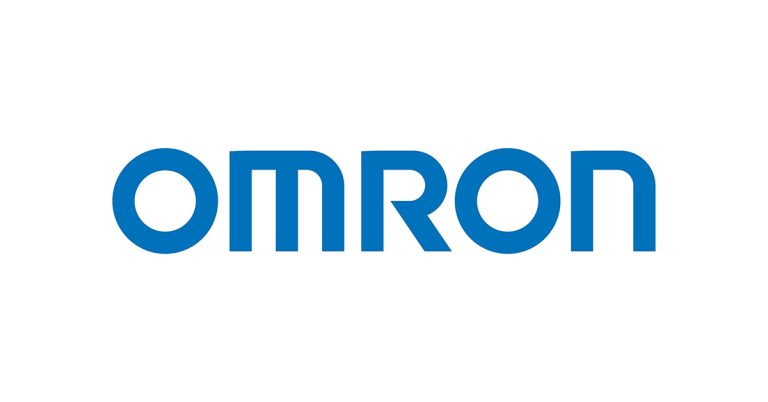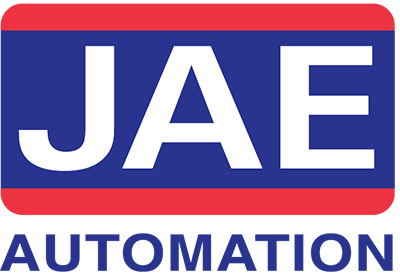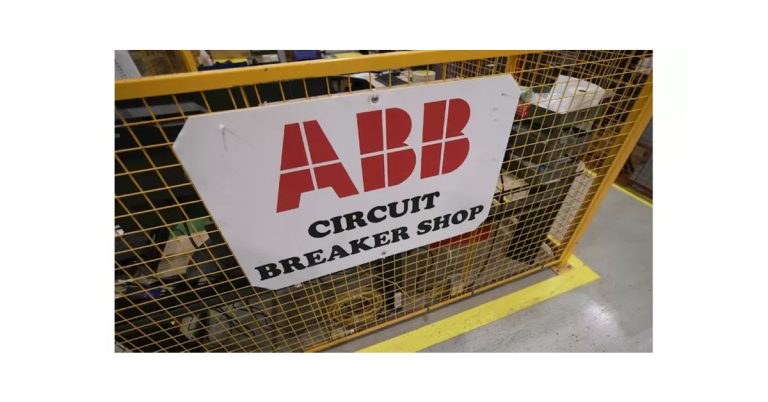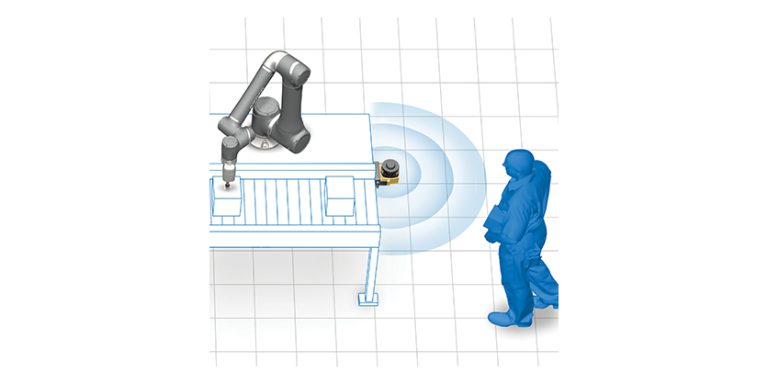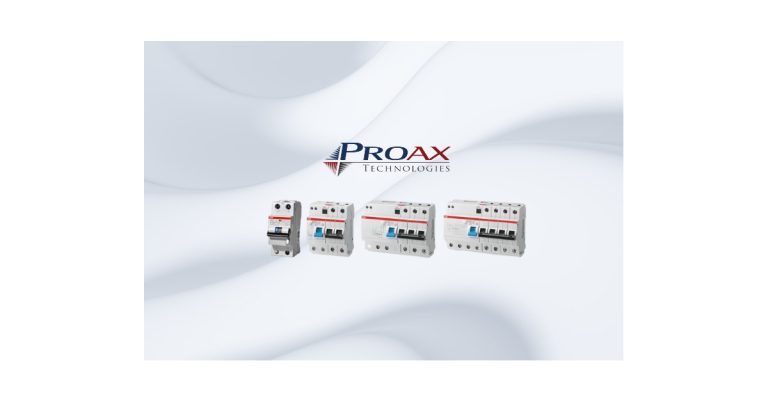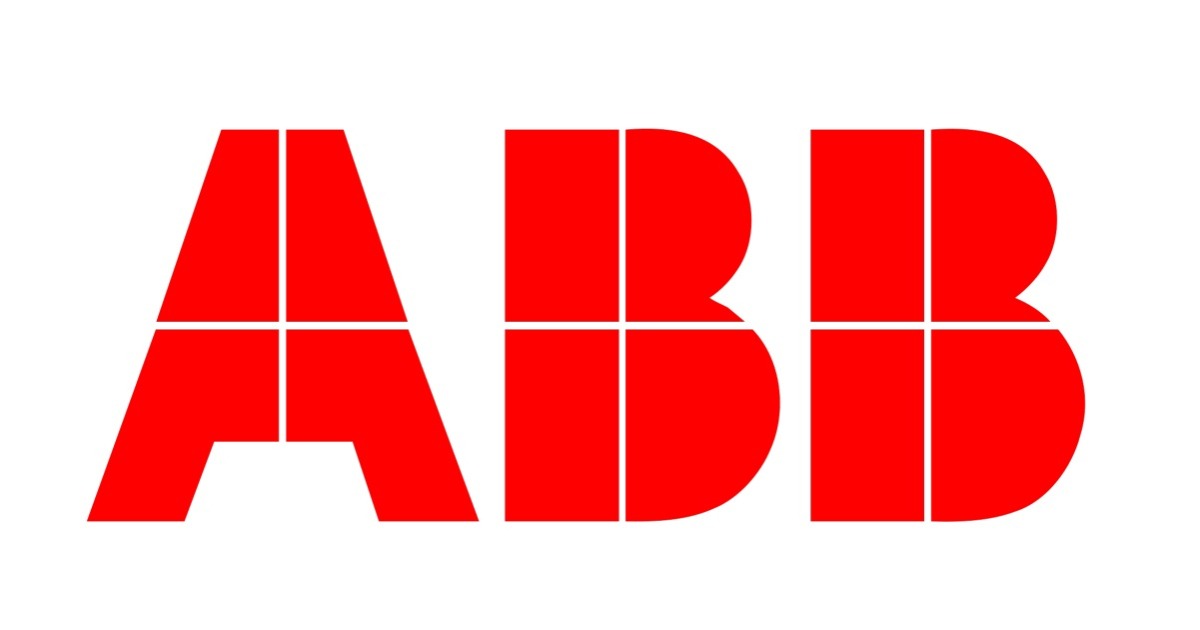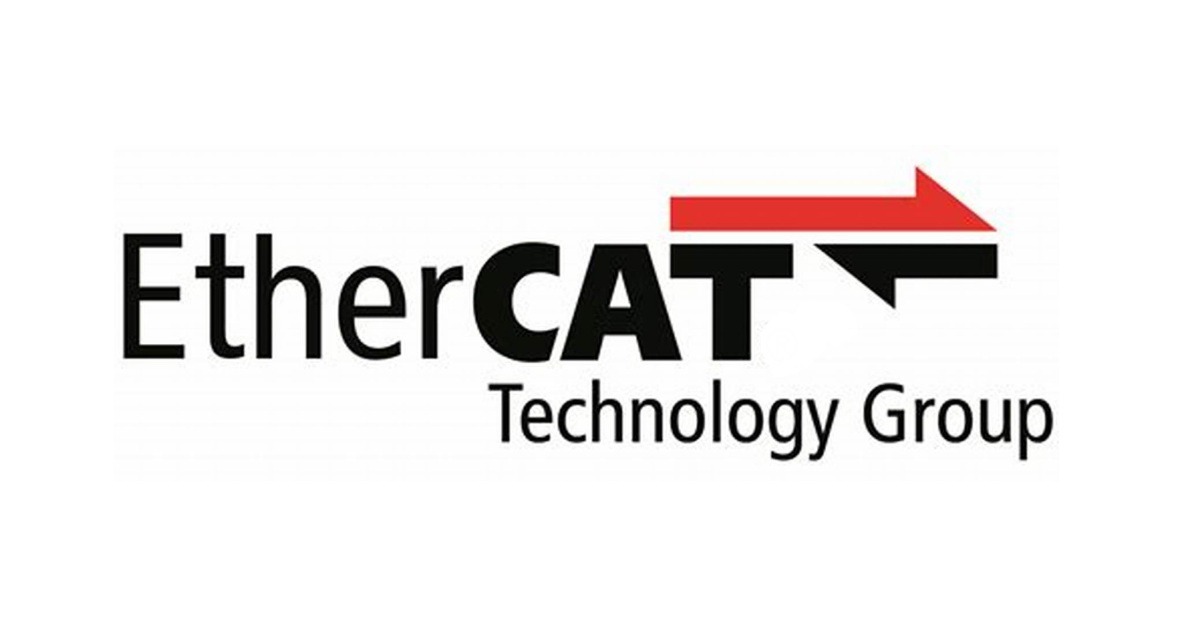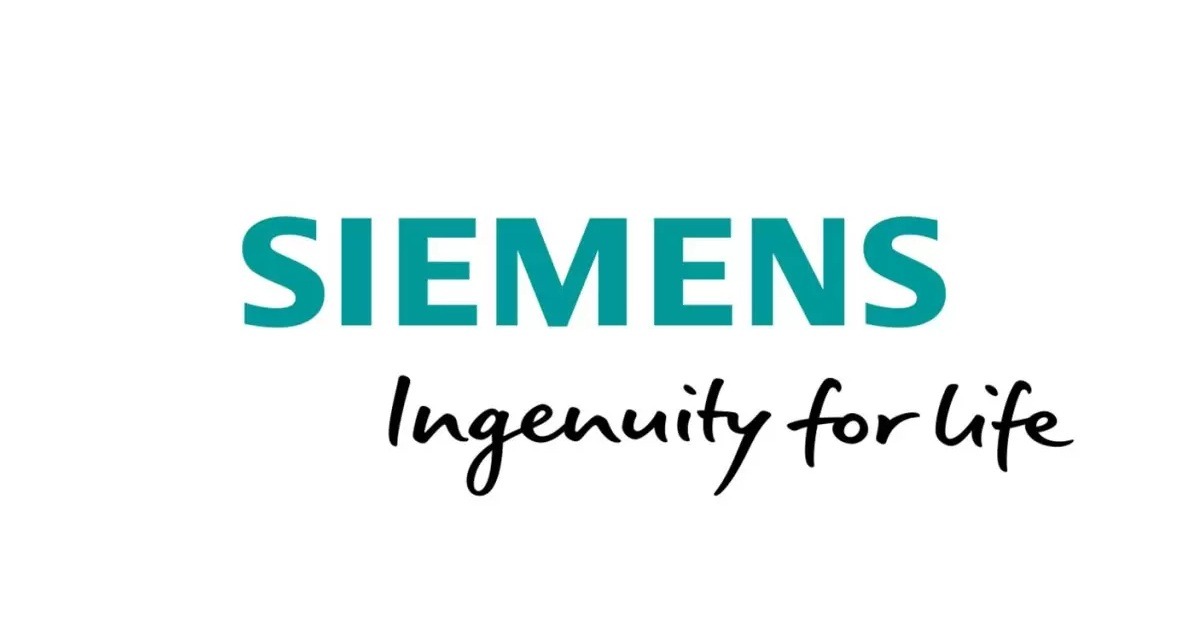How global car platforms have made traceability in automotive manufacturing more important than ever
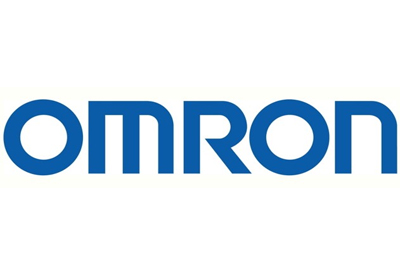
May 16, 2019
The market for automobiles today is placing greater demand on the experience inside the vehicle, rather than simply the ability to get from Point A to Point B. Manufacturers are responding by incorporating expensive technologies to connect cars to the internet, and this is creating a need to cut costs in other ways.
One cost reduction strategy that manufacturers have seized upon is to employ global platforms. These wide-reaching formulae for production help spread the costs of design and development across a broader range of vehicle types, boosting the ability of manufacturers to respond flexibly to changes in consumer preference.
This strategy is so widespread, in fact, that the Detroit-based consulting firm IHS Automotive projects that the top ten platforms will likely be responsible for a whopping 27.8 million vehicles in 2020.
The downside of global platforms
Global platforms come with their own caveats. When millions of cars share the same basic parts and structures, a single error could be distributed across a shockingly large number of vehicles. In such instances, the platforms’ cost savings would be upended by the need to address the resulting recalls.
This makes error reduction – and similarly, the prevention of counterfeiting – more crucial than ever. Fortunately, industrial automation technology is advancing along with the needs of the automotive consumer, and there are many solutions that can help automakers reap the benefits of global platforms while keeping errors to a minimum.
Perhaps the most important strategy for error reduction is traceability. Traceability ensures that each part on the production line carries key data – such as lot number, serial number, source manufacturer and production date – wherever it goes. In the event of a recall, it pays to have a comprehensive, easily accessible record of this information.
Key things to consider when implementing a traceability system
The success of a traceability system depends heavily on the quality of the markings that contain part identification data. Since automotive manufacturing uses a lot of harsh chemicals and high heat, the barcodes – usually in the form of direct part marks, or DPMs – need to be able to withstand these pressures. Otherwise, no-reads could needlessly slow down production.
Laser marking is an excellent way to apply high-resolution markings that are highly durable. Omron’s MX-Z family of laser markers are able to mark lasting characters as small as 0.1mm (100µm) on a variety of materials, including stainless steel, iron, copper, gold, silver, aluminum and plastics, with the option to employ color marking on stainless steel.
Omron’s industrial barcode and DPM readers, including the MicroHAWK family and the HS-360X, contain advanced algorithms that can read damaged codes. These readers are also ruggedized to ensure that the harsh environment won’t affect their inner workings. The HS-360X, for instance, can even withstand multiple drops from as high as eight feet.
With the top ten global platforms soon expected to generate nearly 30 million vehicles, according to the consulting group IHS Automotive, robust traceability system are a key strategy for ensuring the real-time visibility that makes it possible to correct problems quickly before they impact millions of new cars going to market.
If you’re interested in learning more about traceability strategies in the automotive industry, download their white paper today to discover additional solutions and technologies.
For more information, visit HERE.

